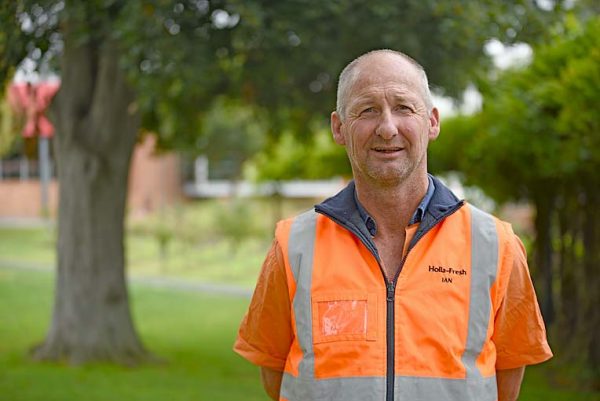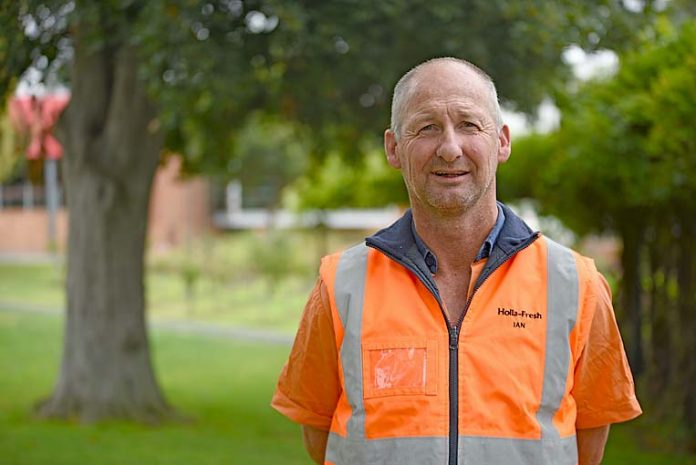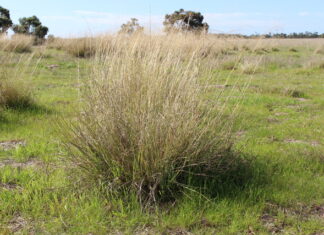
SOUTH East migrants have drawn significant praise from a Tantanoola horticultural farmer who said the industry would not be able to survive without them.
The views were aired by Holla-Fresh managing director Ian Lines at a parliamentary committee inquiry in Mount Gambier last week.
The State Government’s economic and finance committee is holding inquiries across South Australia to investigate the economic contribution of migration in the state.
The Tantanoola-based horticultural farmer said his business relied on hard-working migrants, revealing more than a third of his employees were foreigners.
“We would struggle to exist without them – the horticultural industry as a whole relies on migrants,” he said.
“Six or seven years ago we were coming up to a busy period and were struggling to find staff, so we approached job prospects.
“It was at a time where migration was really booming in Mount Gambier and we took on around six migrants in our first intake.”
The workers were predominantly of Burmese and Korean descent, with the business benefiting from the horticultural background of both cultures.
“Another bonus is they are easy to retain – I have only had around a 10pc of turnover of staff,” Mr Lines said.
“Everyone is accepting of the migrants at our business – for example it has been great to see some of these people now getting invited to other staff’s weddings.”
He said some of the migrant employees are capable of stepping into leadership roles, however most are just happy to do their part.
“They do not really want to do leadership roles, they just want to make a living and they are just happy to be safe with their family,” he said.
“I guess when you look at it, most of us would be happy with that if you’d spent 15 to 20 years of your life in a refugee camp.”
While Mr Lines admitted his business was one of the success stories for migrants, he wished it translated into a larger economic benefit for his hometown of Tantanoola.
“We’re losing people in these areas because we do not have the services to provide to them in these small towns,” he said.
“There’s no real resistance or barriers for these migrants other than a lack of resources.”








